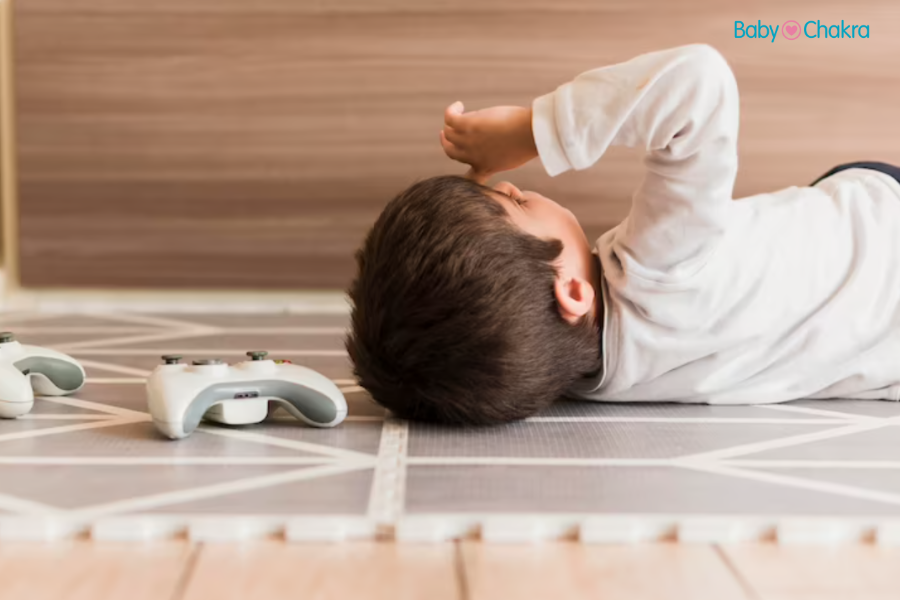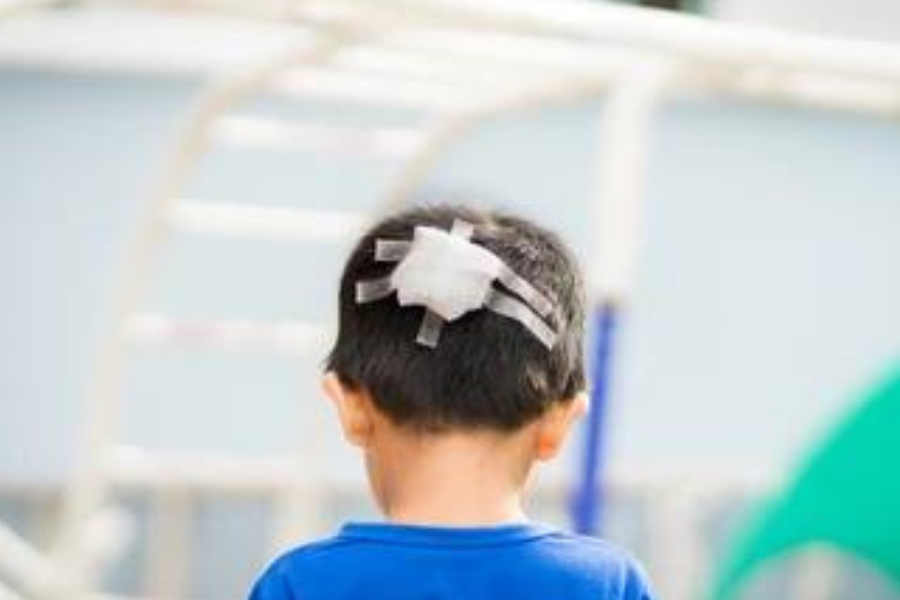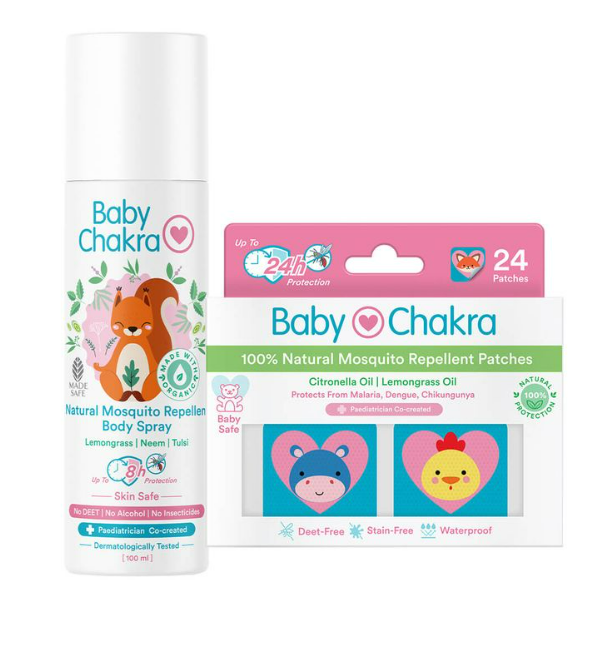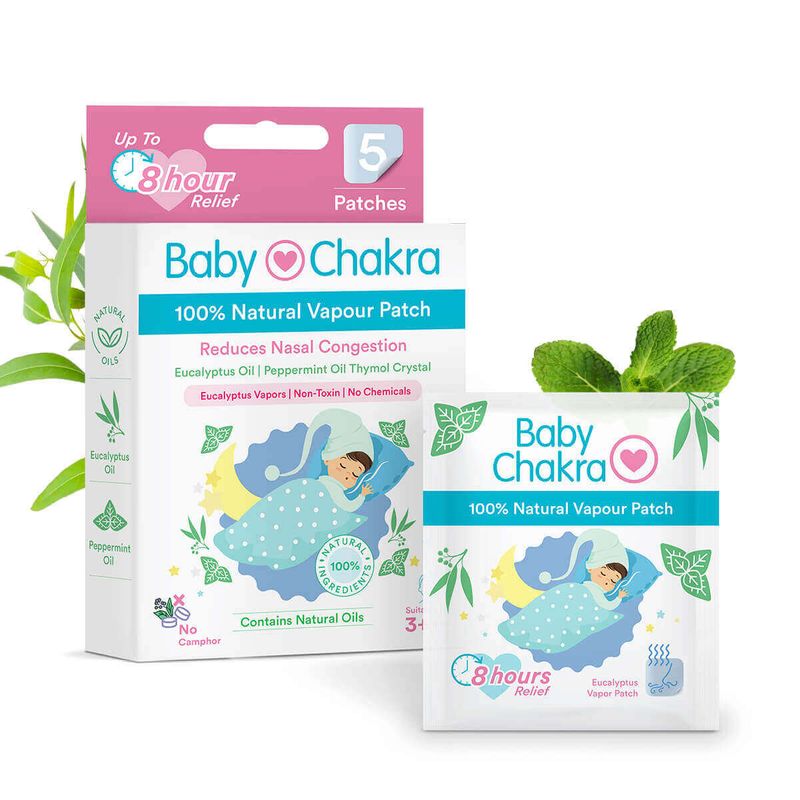
Head Injury In Kids: Should I Be Worried If My Child Hit His Head On The Floor?
17 Mar 2023 | 4 min Read
Manisha Pradhan
Author | 1053 Articles
As a parent, it can be frightening to witness your child hit their head on the floor. Even minor bumps and bruises can cause worry and concern. While most head injuries in kids are minor and do not require medical attention, it is important to know when to seek medical attention and how to care for your child after a head injury.
What Are The Symptoms To Look Out For When A Child Has Head Injury?
The symptoms of head injury can range from mild to severe. The following are some common symptoms to look out for after a child hits their head:
- Loss of consciousness: If your child loses consciousness, seek medical attention immediately.
- Nausea and vomiting: If your child is vomiting or feels nauseous after hitting their head, it may be a sign of a more serious injury.
- Seizures: If your child experiences seizures after hitting their head, seek medical attention immediately.
- Dizziness and balance problems: If your child experiences dizziness or balance problems after hitting their head, it may be a sign of a concussion.
- Changes in behaviour: If your child experiences changes in behaviour after hitting their head, it may be a sign of a more serious injury.

When To Seek Medical Attention If My Child Has A Head Injury
If your child experiences any of the symptoms listed above, seek medical attention. Additionally, if your child experiences any of the following symptoms, you should seek medical attention immediately:
Severe headache: If your child complains of a severe headache after hitting their head, seek medical attention.
Blurry vision: If your child experiences a blurry vision after hitting their head, it may be a sign of a more serious injury.
Difficulty walking: If your child has difficulty walking after hitting their head, seek medical attention.
Difficulty breathing: If your child experiences difficulty breathing after hitting their head, seek medical attention immediately.
Bleeding from the ears or nose: If your child is bleeding from the ears or nose after hitting their head, seek medical attention immediately.
How To Care For A Child After A Head Injury
If your child has hit their head but does not display any of the symptoms listed above, you can care for them at home. The following are some tips for caring for your child after a head injury:
Apply ice: Applying ice to the site of the injury can help reduce swelling and pain.
Monitor your child: Keep a close eye on your child for the next 24 hours. If they display any symptoms listed above, seek medical attention immediately.
Rest: Encourage your child to rest for the next 24 hours. Avoid activities that may cause further injury, such as contact sports.
Pain relief: If your child experiences pain, you can give them pain relief medicines after consulting your doctor.
Preventing Head Injuries In Kids
While it’s natural to feel worried and anxious about your child’s injury, it’s important to remain calm and avoid panicking. Children are very resilient, and many minor head injuries can be treated with rest, pain relief, and close observation. However, it’s always better to err on the side of caution and seek medical attention if you have any concerns.
It’s also important to take steps to prevent head injuries in the future. Here are some tips to help keep your child safe:
It’s also important to take steps to prevent head injuries in the future. Here are some tips to help keep your child safe:
Use age-appropriate safety gear
This includes helmets when riding bikes, scooters, or skateboards, as well as protective gear for contact sports.
Supervise your child during playtime
Keep a close eye on your child to ensure they are playing safely and avoid potential hazards.
Childproof your home
This includes securing furniture, covering sharp edges, and using safety gates on stairs.
Teach your child safety rules
This includes not climbing on furniture, not running on slippery surfaces, and not jumping from high places.
Childhood injuries are an inevitable part of growing up. However, with careful observation, appropriate treatment, and preventative measures, your child can recover from the injury and stay safe in the future.
Pro Tip: Make sure you have these natural products in your toddler’s first aid kit:
Also Read:
Watch Out For These 11 Foods That Cause Diaper Rash: Diaper rashes can cause infections and discomfort in kids.
Bronchitis In Kids: Know the symptoms, causes, treatment, and prevention.
Cover image source: freepik
A


Related Topics for you
Suggestions offered by doctors on BabyChakra are of advisory nature i.e., for educational and informational purposes only. Content posted on, created for, or compiled by BabyChakra is not intended or designed to replace your doctor's independent judgment about any symptom, condition, or the appropriateness or risks of a procedure or treatment for a given person.


